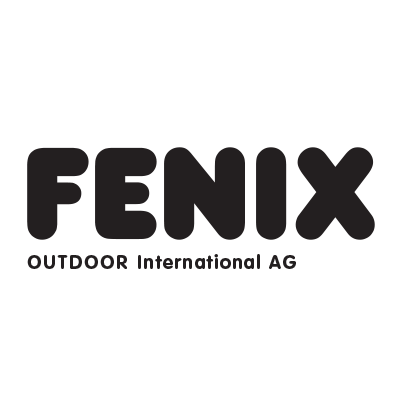Snow Space Salzburg To Rely On HVO Fuel This Coming Winter

The Snow Space Salzburg Bergbahnen will reduce their CO2 emissions in the 2023/24 winter season to almost half compared to the 2019/20 baseline. This step towards climate neutrality is made possible by the use of HVO fuels in all snow groomers. These represent the largest item in the company's CO2 balance. This was announced by CEO Wolfgang Hettegger today, November 3rd, at the company's headquarters in Wagrain. Hettegger reiterated that the cable car company wants to be climate neutral by the end of the 2025/26 season.
The mountain railways use a total of 28 snow groomers for the daily preparation of the approximately 400 hectares of pistes. They work around 8 hours a day and ensure the high quality of the slope surface for which the company is known. “Green” hydrogen in particular is not yet available as an environmentally friendly and powerful drive in series vehicles, explained Hettegger. Hydrotreated Vegetable Oil (HVO) fuels would reduce CO2 emissions by around two thirds compared to fossil diesel. For example, they are made from used oils, plant residues or lignocellulose through additional refining and do not increase the amount of greenhouse gases in the atmosphere. The raw materials have already bound comparable emissions in their life cycle. A large-scale test with HVO fuels was carried out to satisfaction last winter season and was expanded to the entire ski area this year.
Footprint drops to 58 percent of the initial value
In the 2019/20 ski winter, 4,148 tons of CO2 were released in the Snow Space Salzburg ski area. By far the largest share - namely 64% of the total balance - was accounted for by the vehicle fleet. By using HVO fuels, mountain railways can now significantly reduce their ecological footprint. For the coming winter, the company expects greenhouse gas emissions of 2,403 tons, which corresponds to a CO2 saving of 42 percent.
On the way to hydrogen propulsion
“These HVO fuels are a sensible interim stage for us to quickly achieve a significant improvement,” emphasized Hettegger. Last season, Snow Space Salzburg was the first cable car company in the world to test the prototype of a hydrogen-powered snow groomer. “This is the future of slope preparation. Because we need high performance and a long operating time. This is currently not possible with electrified vehicles,” says Hettegger. The mountain railways want to take further measures to improve the CO2 balance when transporting employees and other machinery.
Cable car operation with certified green electricity
The ski bus lines in Snow Space Salzburg are also gradually being converted to electric buses. However, suitable series vehicles are not yet available in the required number. According to Hettegger, the cable cars and snow cannons are already operated with certified green electricity, which means the company has created a good starting point for low greenhouse gases in another energy-intensive part of the operation. “We are thinking intensively about our own energy production and have already put the first photovoltaic systems into operation on our cable car station buildings, and further systems are currently being planned,” said Hettegger.
Ecological projects on and off the slopes
In addition to investing in climate-friendly technology, Snow Space Salzburg's sustainability concept includes numerous measures to conserve resources and improve ecological conditions. After completing the ecological inventory of all green spaces in the ski area - in collaboration with an ecological institute at BOKU in Vienna - biodiversity is now being supported in selected test areas. The knowledge gained there will then be rolled out to all 400 hectares of slopes in close coordination with the landowners.
Short Facts:
- Sharp decline in greenhouse emissions
- HVO fuels as an efficient intermediate step for snow groomers
- Total emissions fall by 42 percent
- Further measures: biodiversity and water management













